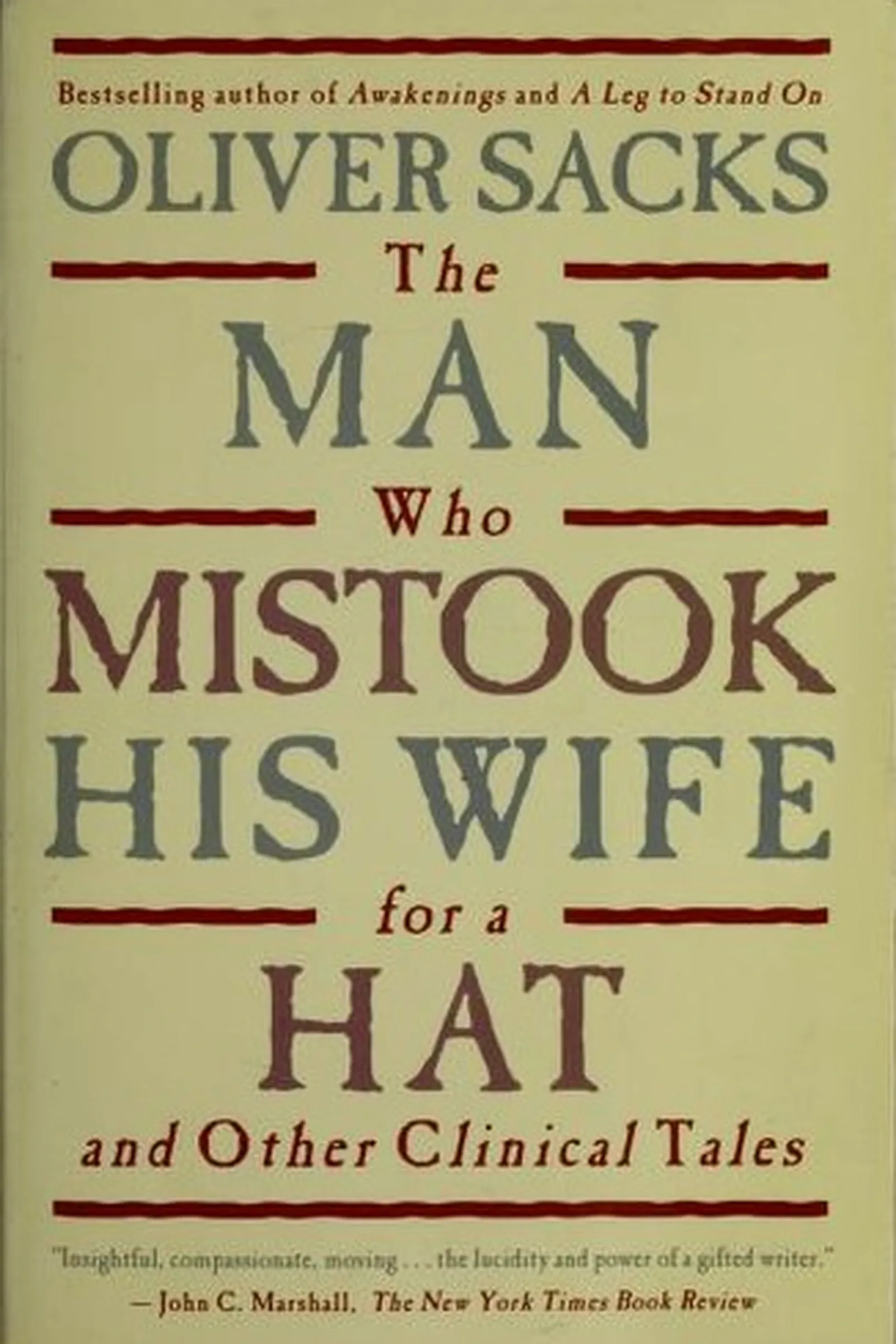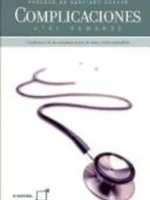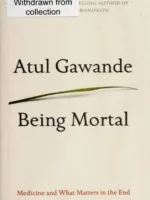The Man Who Mistook His Wife for a Hat, Oliver Sacks, 1985
- Author: Oliver Sacks
- Genre: BioMedicine
- Publisher: Simon & Schuster (Touchstone)
- Publication Year: 1980
- Pages: 243
- Format: Paperback
- Language: English
- ISBN: 978-0684853949
- Rating: 4,1 ★★★★☆
The Man Who Mistook His Wife for a Hat Review
The Man Who Mistook His Wife for a Hat by Oliver Sacks is a collection of clinical tales about the mind’s odd corners. Published in 1985, it introduces patients whose neurological conditions reshape perception, memory, and identity. For you, this book offers medicine told as human story: careful observation, compassion, and curiosity working together.
Overview
Sacks presents case studies like short portraits. You will meet people who cannot recognize faces, who lose the map of their own bodies, who sing fluently when speech fails. The writing is clear and warm. The goal is not spectacle; it is understanding how the brain builds a self and what remains when pieces go missing.
Summary
Stories range from Dr. P., who mistakes a hat for a head, to patients with Tourette’s or amnesia so deep that each moment is new. Rehabilitation includes music, habit, and the stubborn dignity of routine. Without reducing complexity, Sacks shows how adaptation can restore meaning: a different life, still a life. The closing sections ask practical questions about care and philosophical ones about personhood.
Author
Oliver Sacks writes like a clinician who loves literature. He notices detail, listens generously, and refuses to turn people into diagnoses. You benefit from prose that makes neuroscience accessible without losing nuance.
Key Themes
You will explore identity as a construction of memory and sensation. You will see creativity used as therapy. You will consider disability as difference with needs, not as failure. You will meet ethics as everyday practice at the bedside.
Strengths and Weaknesses
Strengths: humane tone, memorable cases, elegant explanations. Weaknesses: dated terminology in places and limited follow up on some patients. Overall: foundational narrative medicine that still teaches well.
Target Audience
Great for readers curious about the brain: students, clinicians, caregivers, and anyone who likes science told through people.
Favorite Quotes
Short lines land: see the person, name the pattern, let care be specific.
Takeaways
For you, the takeaway is simple: precision plus empathy changes outcomes. Ask what remains strong and build from there.
| pa_author | Oliver Sacks |
|---|---|
| ISBN | 978-1-827-78670-4 |
| pa_year | 1997 |
| Pages | 449 |
| Language | English |






